Neural Networks Made Simple: How AI Imitates a Brain
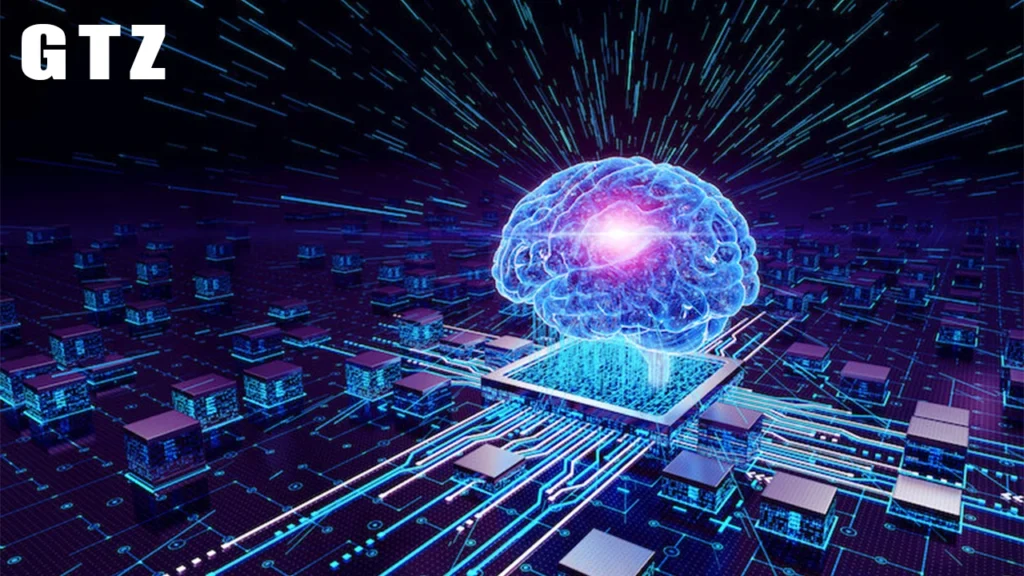
Imagine teaching a robot to recognize your face, play a game, or speak in a friendly voice. How does it learn? Neural Networks, a brain-inspired computer system, allow computers to think and learn! On this road tour, we’ll explore neural networks, why they’re important, and how they make cool technology such as video games, self-driving cars, and Alexa possible.
By the end, you will have neural networks deep knowledge (no matter whether you’re a beginner)! Let’s begin!
What is a Neural Network?
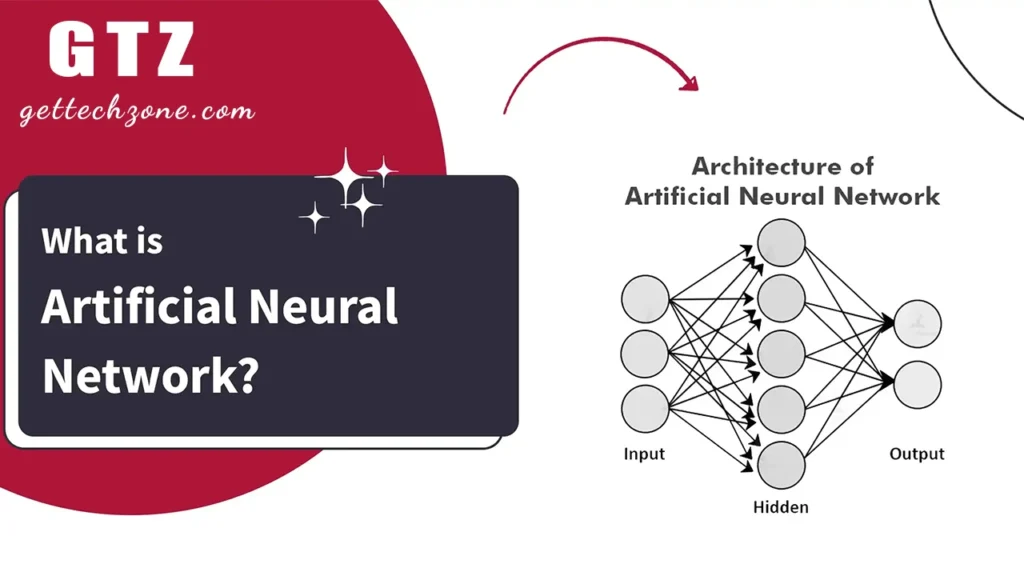
A neural net is a small brain in a computer. Just like your brain with brain cells (called neurons) that allow you to remember and learn, a neural network is composed of artificial “brain cells” (known as nodes) that are connected. All together, these nodes function to respond to questions, such as guessing at an image in a picture, or even knowing your voice!
Neural network form a key part of artificial intelligence (AI) and machine learning, and enable computers to learn through examples, much in the same way that you practice math with practice problems!
How Do Neural Networks Work?
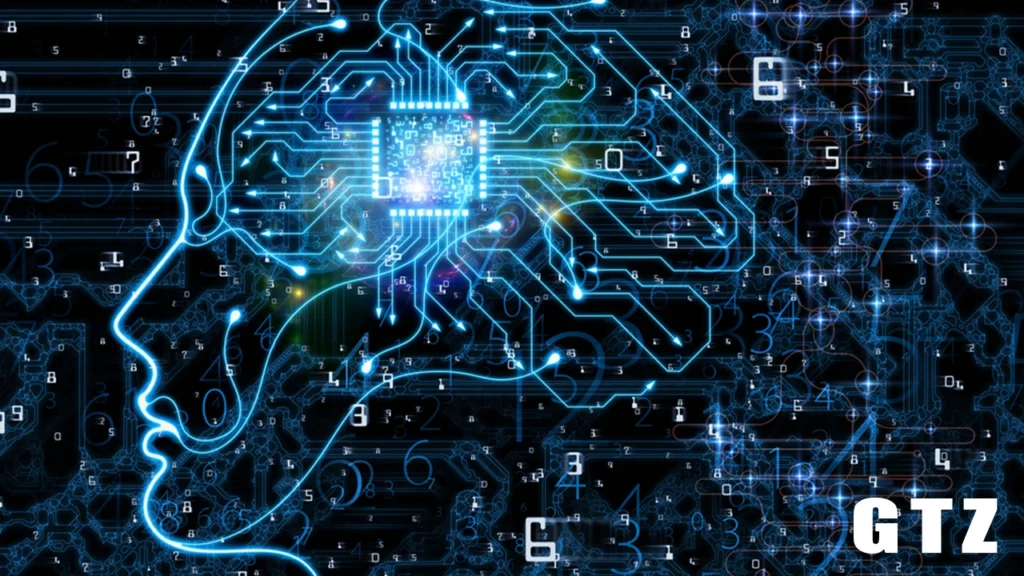
Let’s break it down step-by-step (like assembling LEGO blocks!).
1. The Brainy Layers
A neural network has three main parts, called layers:
- Input Layer: Where the computer “sees” or “hears” something. For example, when you show it a picture of a cat, this layer sees the individual (small dot) that’s called pixels in the picture.
- Hidden Layers: These layers actually make the thinking occur! They interpret the input (the picture of a cat, for example) and figure out such items as edges, shapes, and colors.
- Output Layer: It provides the final response. It may say, for our picture of a cat, “This is a cat!”
2. Learning from Mistakes
Neural networks learn by practicing, just like you learn to ride a bike. Here’s how:
- Step 1: The computer guesses (e.g., “This picture is a dog!”)
- Step 2: If it’s wrong, it backtracks and adjusts its “brain” (re-arranges the connections among nodes).
- Step 3: It tries again until it gets it right! This process is called training.
3. Activation Functions: The Brain’s On/off Switch
Each node utilizes a function, an activation function, to make a decision about whether to “turn on” or “turn off.” Think of it like a light switch: if the input is strong enough, the node lights up and sends a signal to the next layer!
Types of Neural Networks?
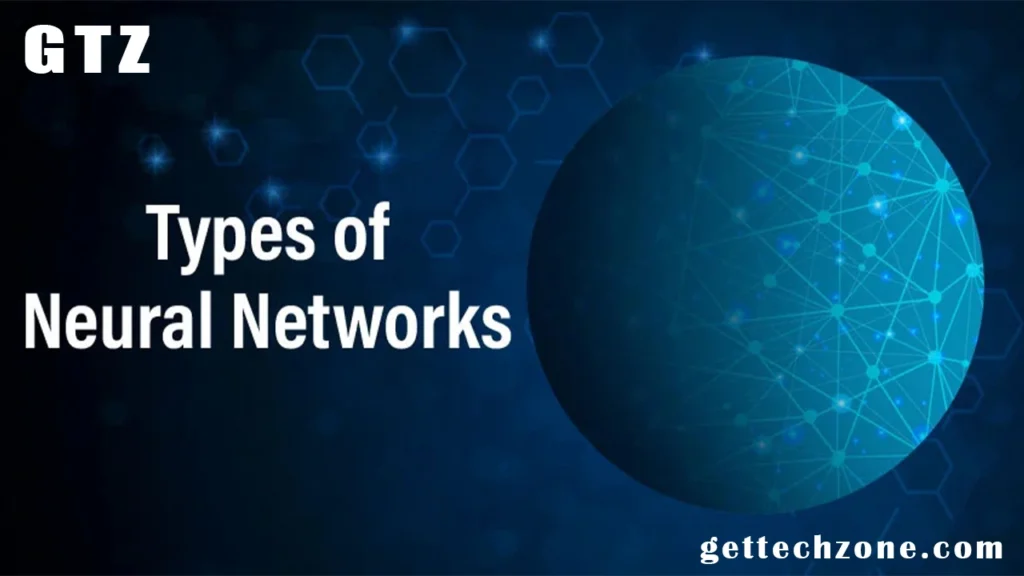
Just like sets in LEGOS, with jobs, there are numerous forms of neural networks:
- Feedforward Neural Network
- The simplest form! Information moves in one direction (like a slide).
- Used for simple tasks, including whether an email is spam.
- Convolutional Neural Network (CNN)
- The artist of neural networks
- Loves working with pictures. Can recognize a picture of a cat or help robots draw.
- Used in Snapchat lenses and Snapchat filters
- Recurrent Neural Network (RNN)
- The storyteller! It can remember things in the past, including things in a sentence.
- Powers Siri and Google Translate
- Generative Adversarial Network (GAN)
- Two neural networks have a competition
- One person creates phony photographs (like a dinosaur riding a bike), and the other one tries to detect them.
- Used to generate deepfake videos or AI artwork.
Real-Life Examples of Neural Networks
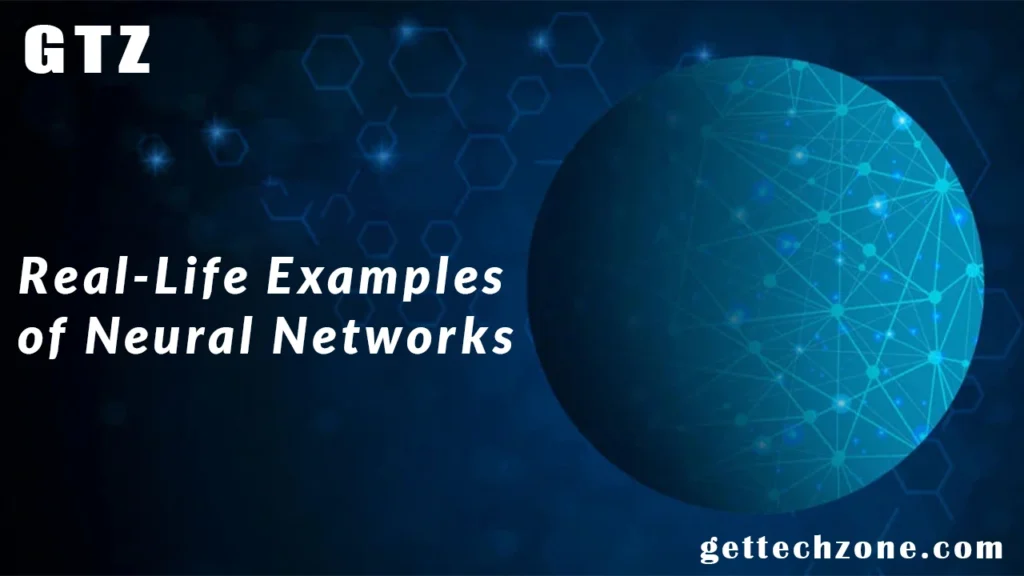
Neural networks can be found everywhere nowadays! Some of the exciting applications include:
- Netflix Recommendations
- Neural network learn and then inform you about your likes and suggest new ones (like Stranger Things in case you like sci-fi!).
- Autonomous cars
- They help automobiles “notice” highways, stop at stop lights, and not drive over puppies wandering onto a street!
- Video games
- Ever played a computer game in which enemy characters become smart? Neural networks allow them to learn your actions
- Medical Assistance
- Doctors use them to detect disease in X-rays, such as seeing a fractured bone, a tumor, or cancer.
Why Are Neural Networks Important?
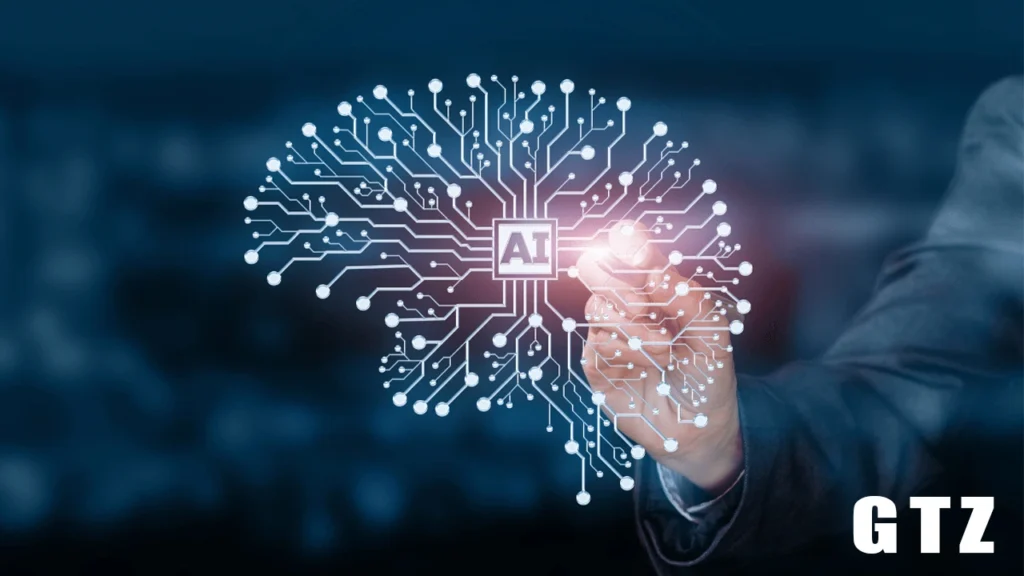
- They Make Machines Smarter:
- Without neural networks, robots would be as clueless as a toaster!
- They Learn Forever:
- The more that is told to them, the smarter they will become (like leveling in a computer game!).
- They Solve Tough Problems:
- Including predicting storms or real-time language translation.
Fun Facts about Neural Networks
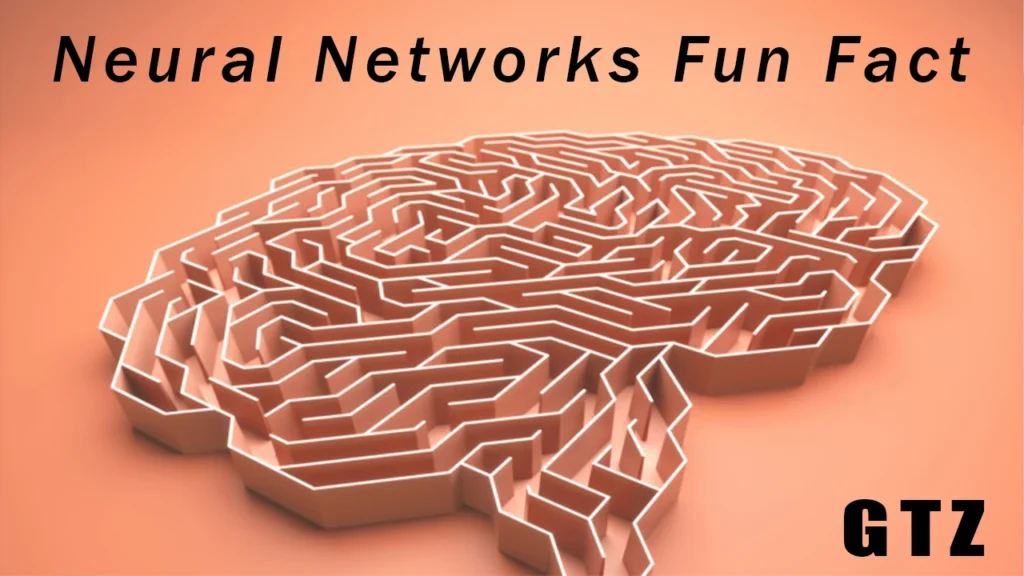
- The first neural network, Perceptron, was designed in 1958 and could hardly discriminate between a square and a circle.
- Today’s neural networks have a million-plus nodes—many, many times larger than the brain’s
- Google’s Alpha Go, a neural network, beat the world champion in Go in 2016
How You Can Have Fun with Neural Networks

Want to try? Here’s how:
- Use Kid-Friendly Tools
- Quick, Draw! (Google): Draw and a neural network will attempt to guess your drawing
- Teachable Machine (Google): Train a neural network to recognize your animals or your toys
- Learn with Games
- Play AI Dungeon (a game where a neural net creates stories as you play).
- Ask Questions
- “Hey Google, how do you work?” (It will break down its neural net brain!).
Challenges of Neural Network?

Even superheroes have weaknesses, and these are theirs:
- They Need LOTS of Examples:
- Just like reading a lot of books to become a wizard, neural network need thousands of examples.
- They Can Be Slow:
- It takes time to train a large neural net—sometimes weeks!
- They Don’t “Understand” Like Humans:
- They’re brilliant at math but don’t have a clue about a cat in real life.
Conclusion:
Neural Networks: The Real-life Superheroes
Neural networks are kind of AI’s best-kept secret, and with them, computers can learn, play, and even save lives! Suggesting your new go-to song for driving a car, technology is magical with them.
If you enjoyed reading this article, pass it on to your family and friends—and let me know in the comments section what you’d like to learn about next! For more cool technology articles, go to Get Tech Zone and become a wizard of technology!
Thank you for reading! Visit Get Tech Zone for more exciting technology guides. Share with a fellow robot fan or AI enthusiast about this article and don’t forget to leave a comment below!
FAQs about Neural Networks
What is a neural network in simple terms?
A neural network is a computer system that learns in a brain-like fashion with interconnected nodes.
How do neural networks learn?
They practice with examples, correct mistakes, and make ongoing improvements—just like you!
What is deep learning and neural networks?
Deep learning utilizes numerous hidden layers in neural networks (like a deep sandwich!).
Can neural networks ever stop learning?
Yes! The smarter they become, the more information comes in.
Are neural networks ever used in robots?
Yes! They allow robots to see, move, and speak.
Do neural networks ever make errors?
Sometimes! If they are given bad data, they make bad guesses (such as a Chihuahua is a muffin!).
Can kids learn about neural networks?
Absolutely! Try games like Quick, Draw! or Teachable Machine to start.